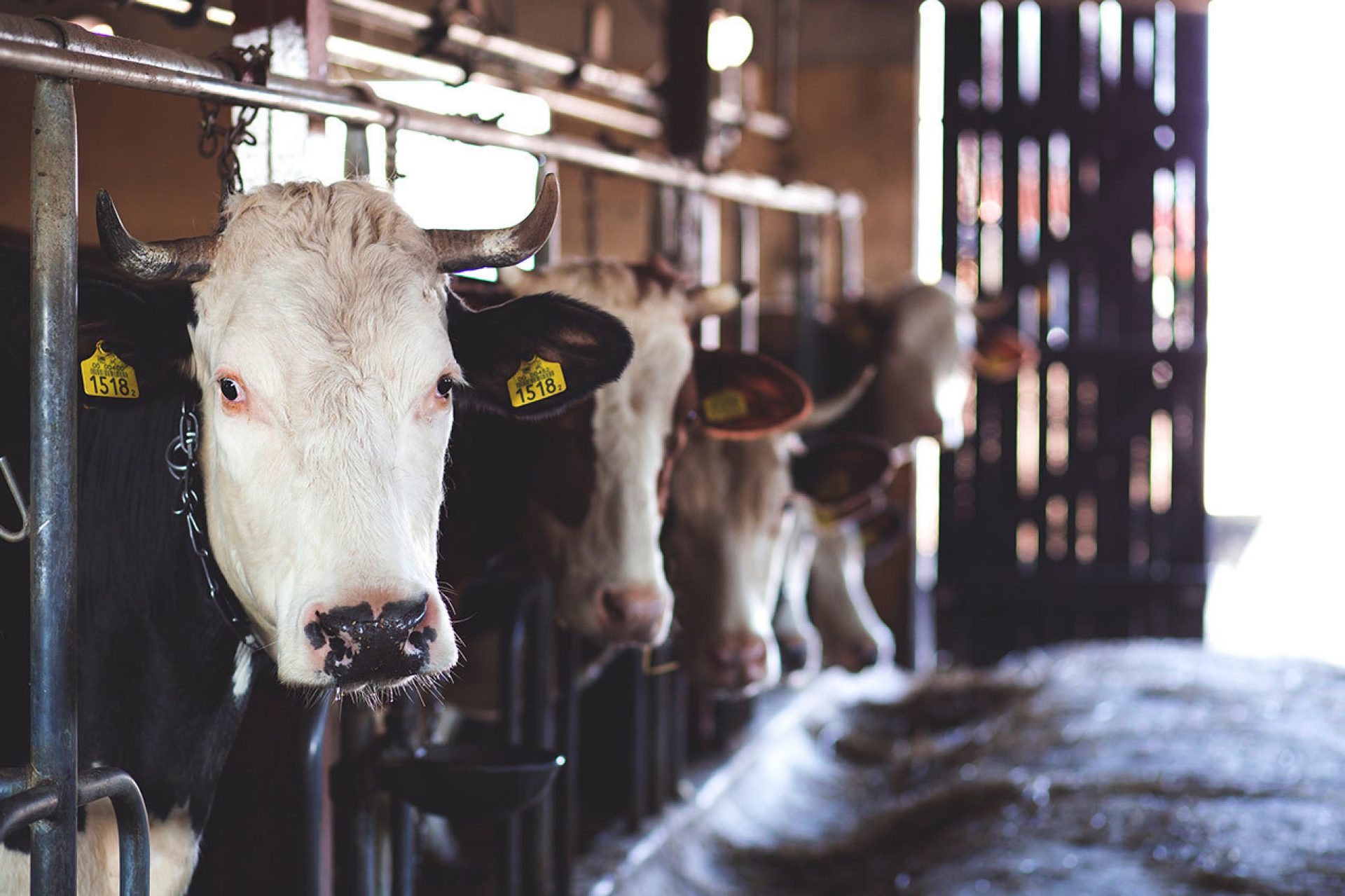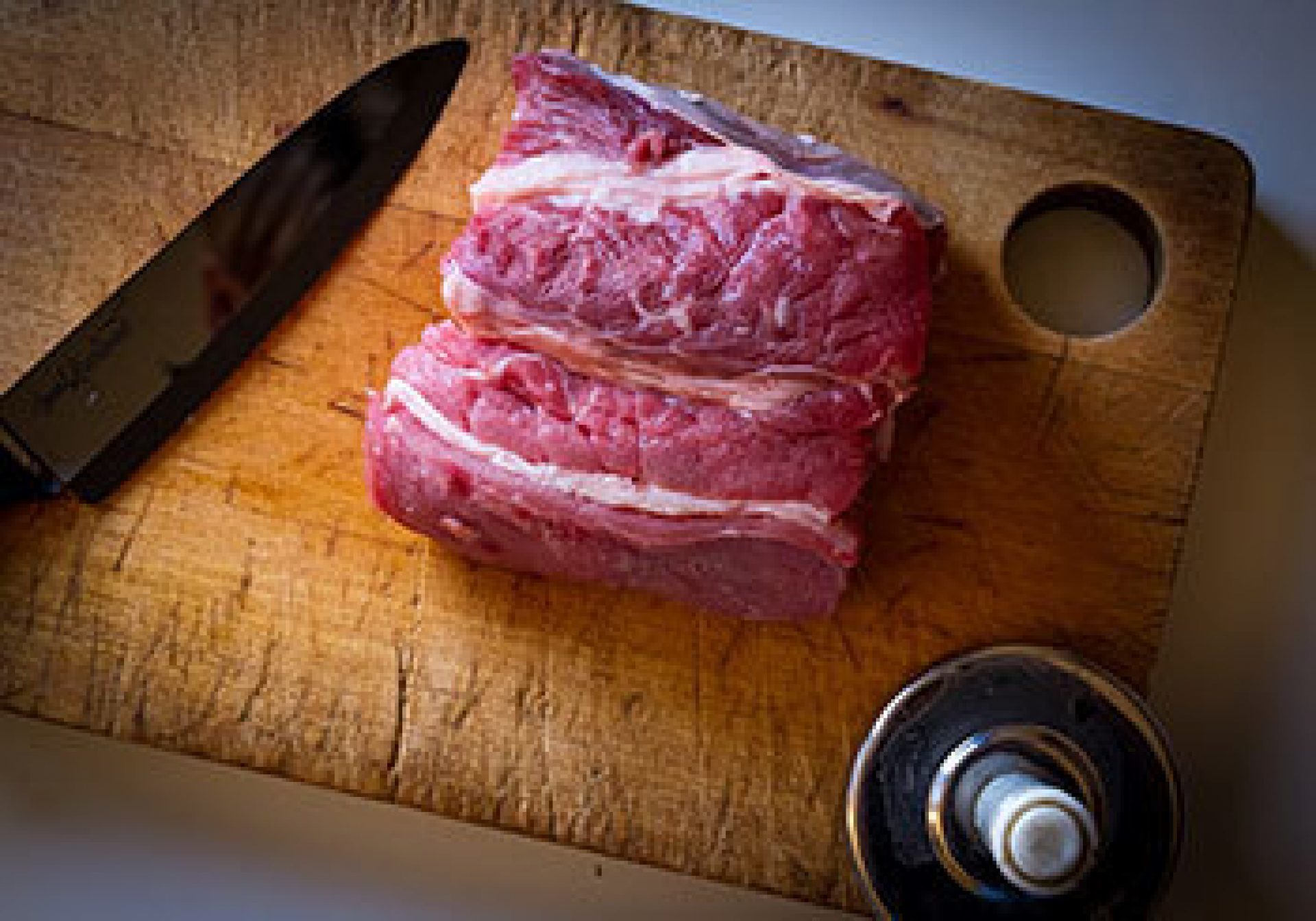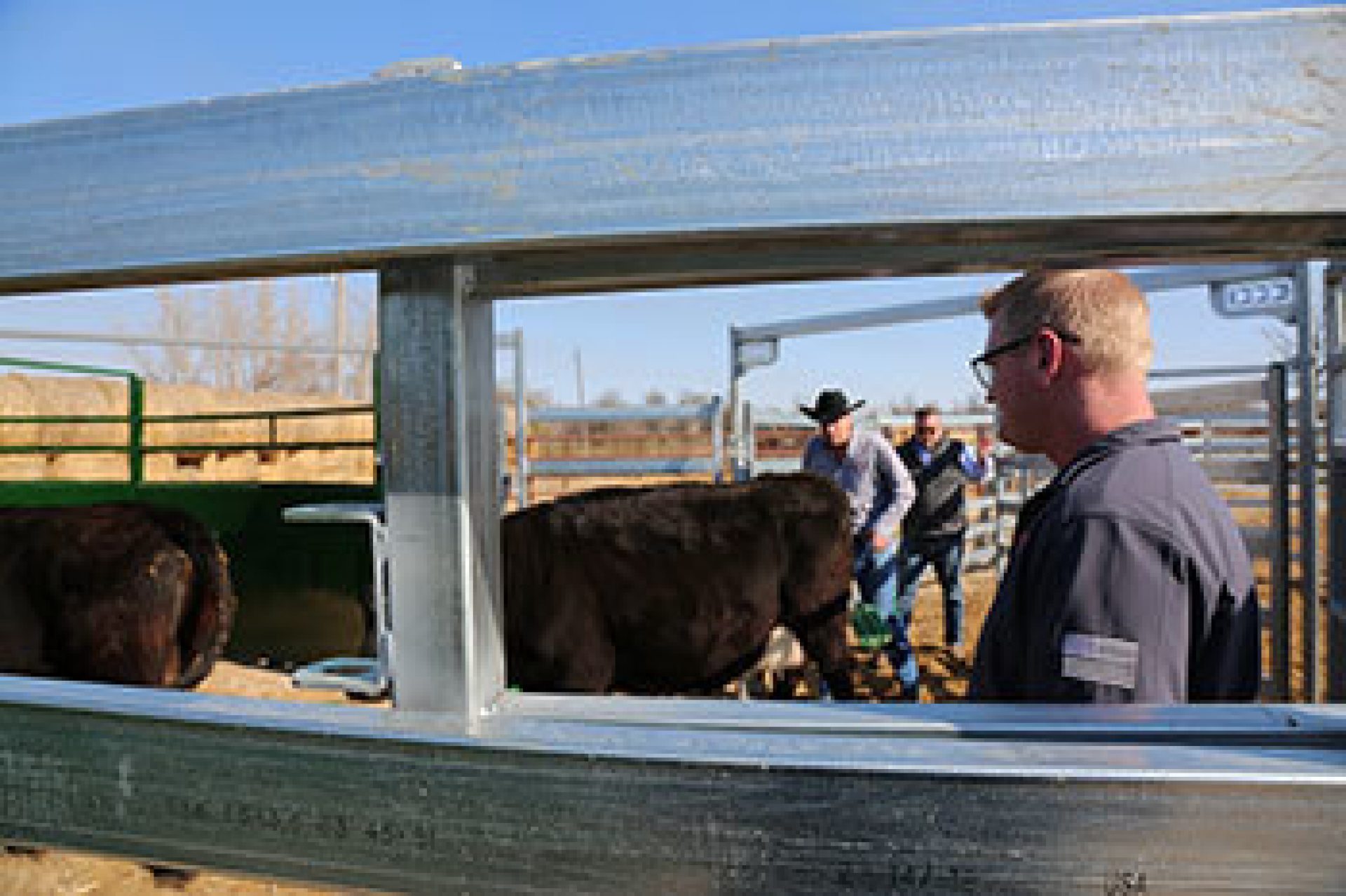Why Quality Standards In The Cattle Industry Are Important | Beef Quality Assurance (BQA)

Why? This is a question frequently asked by young children that adults should consider answering more often in our own lives. When we understand the reasons why something needs to be done a certain way, the likelihood of committing increases. In the case of the Beef Quality Assurance (BQA) program, understanding why it is important may help increase adherence and certification. In the long run, understanding why can positively impact our industry as a whole, and allow for continued growth.
A survey from 2014 found that 90% of respondents thought following BQA guidelines was important, but only 11% had taken the training. Those are dismal statistics on the training end. Although these numbers have likely improved in the last five years, there is still room for improvement.
What does certification and training provide that intention does not? A regular assessment and certification help instill good practices on a daily basis, encourage handlers to always use best management practices, and ensures that repairs, and adjustments to facilities and practices are made as needed. Taking the time to become certified increases the integrity of beef cattle operations.
Following the BQA standards of our industry is one area where it is important to understand the why behind the management and handling practices. A lot of emphasis is placed on consumer confidence and public perception of the beef cattle industry, and the importance of gaining consumer trust. These are valid points. However, the quality standards adopted through BQA also positively impact the profitability of cattle operations.
Bruising
Animals can easily become bruised during handling, transport, or on a sharp corner or point in a chute or restraint. In a previous blog, we discussed beef quality grades and the effects of bruising. To recap, one study found that the average number of bruises per animal was five for cull cows and 1.18 on finished cows. That is a lot of lost meat that must be discarded during processing. It is lost profit for the producer, and definitely avoidable. Not addressing bruising issues is the equivalent of turning the air conditioning on in the house, but leaving one window open. It's a bad management practice.
Rough handling can account for 50% of all bruises which would be completely avoidable if the BQA standards are adhered to. How we handle our cattle matters, and the quality of beef produced directly correlates to cattle handling. Effective stockmanship is the cornerstone of proper cattle handling. It is easy to become an expert cattle handler if you understand cattle behavior and follow some simple rules.
Consumers and the Rise of Alternatives
Consumer confidence must be part of our why as we consider the importance of quality standards in the beef industry. We need to consider consumer confidence and trust in our industry, especially in light of the plant-based meat alternatives that are being developed. Two companies that offer meat alternatives have made headlines this year with a combined market valuation of $3 billion. If you're not concerned, take a minute to review the challenges dairy producers face from alternative milk options, including almond and soymilk. Misinformation about GMOs and negative public perception is another example that highlights why the beef industry must uphold quality, and build consumer confidence in our industry.
Social media and the Internet have given the consumer greater control of information, and the ability to influence other consumers. This can be positive or negative. However, unless the beef industry tells its own story, and upholds its values, this new model will quickly decimate the industry. BQA gives us a unified approach, and the ability to effectively tell our story and build consumer confidence in our industry. With proper education and assessment, credibility is enhanced.
There are three core beliefs that drive BQA. They are:
- "WE BELIEVE production practices affect consumer acceptance of beef.
- WE BELIEVE the BQA Program has and must continue to empower beef producers to improve the safety and wholesomeness of beef.
- WE BELIEVE these fundamental principles are the fabric of the BQA Program.À
We all believe in these principles. We understand why they are important. Let us share that reason why with our fellow producers, and continue to grow the beef industry.
Cattle Panels designed to minimize bruising with large rectangular rails
Cattle chute designed for proper cattle management and low-stress handling
References
Beef Quality Assurance - https://www.bqa.org/
Effective Stockmanship - http://effectivestockmanship.com/
The Design and Construction of Facilities for Cattle Handling - http://www.grandin.com/references/design.construction.facilities.handling.cattle.html
Examining the Impact of Transportation on Cattle - https://www.manitobacooperator.ca/livestock/examining-the-impact-of-transportation-on-cattle/
Mississippi Beef Quality Assurance Program - http://extension.msstate.edu/content/beef-quality-assurance
When did GMO become a dirty word? - https://www.morningagclips.com/when-did-gmo-become-a-dirty-word/
Fake Meat, Real Money - https://www.drovers.com/article/fake-meat-real-money
America's Obsession With Oat Milk Is Hurting the Dairy Industry - https://www.eater.com/2019/3/26/18282831/milk-sales-fall-2018-plant-based-alternatives





Comments
Join the Discussion
Comments